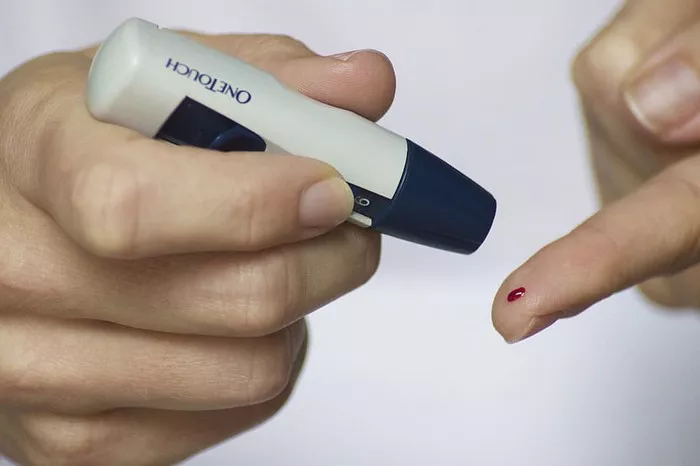A recent study published in the Journal of Clinical Medicine provides insights into the efficacy of oral semaglutide in patients with type 2 diabetes (T2D).
Known as the first oral glucose-lowering drug for the treatment of type 2 diabetes, semaglutide is a unique glucagon-like peptide-1 receptor agonist (GLP-1RA) that can regulate glycemic index and reduce body weight (BW). Its efficacy and favorable safety profile verified by a large number of clinical trials have attracted widespread attention.
The PIONEER project aims to evaluate the efficacy of oral semaglutide in all stages of diabetes, covering monotherapy and combination therapy. The encouraging results of the project led to the approval of the drug by the US Food and Drug Administration (FDA) in 2019 and the approval by the European Medicines Agency (EMA) in 2020, further consolidating the drug’s position.
According to the US and European guidelines for the management of type 2 diabetes, oral semaglutide not only helps control blood sugar, but also has beneficial cardiovascular effects. Of particular note, it is recommended for patients with type 2 diabetes, especially those at high cardiovascular risk, regardless of their HbA1c levels.
However, despite the encouraging results of the PIONEER study, further studies using larger populations are necessary to confirm the efficacy of oral semaglutide in suppressing cardiovascular risk. In addition, it remains crucial to assess whether physicians are willing to incorporate this drug into routine clinical practice.
The researchers conducted a retrospective study at two university diabetes centers in Italy, using data from an electronic charting system dedicated to managing patients’ medical records. The platform provided comprehensive insights into various parameters, including weight, HbA1c levels, waist circumference (WC), and lipid profiles.
Patients were treated with oral semaglutide during outpatient visits, with doses gradually increased over six months. Notably, patients showed significant improvements in HbA1c levels and significant weight loss, especially in patients with newly diagnosed diabetes, which highlights the effectiveness of the drug in early disease management.
The study included 192 white patients with type 2 diabetes, with an average age of 67 years, and was recruited from September 2021 to December 2022. Notably, nearly half of the cohort were women, and participants had been diagnosed with diabetes for an average of 9 years.
Before starting oral semaglutide, participants had received various treatments for type 2 diabetes, including sodium-glucose cotransporter 2 inhibitors (SGLT2i), insulin therapy, and other oral medications. After 6 months, most patients treated with a 7 mg dose of semaglutide showed significant improvements in lipid profiles, waist circumference, blood pressure, and microalbuminuria levels.
In summary, this study highlights the potential of oral semaglutide to maintain glycemic control, reduce weight, and improve cardiovascular risk parameters, even at low doses. These findings emphasize the importance of this drug in the overall management of type 2 diabetes and related cardiovascular comorbidities.
Related topics:
What To Do Immediately When Blood Sugar Is Too High

























